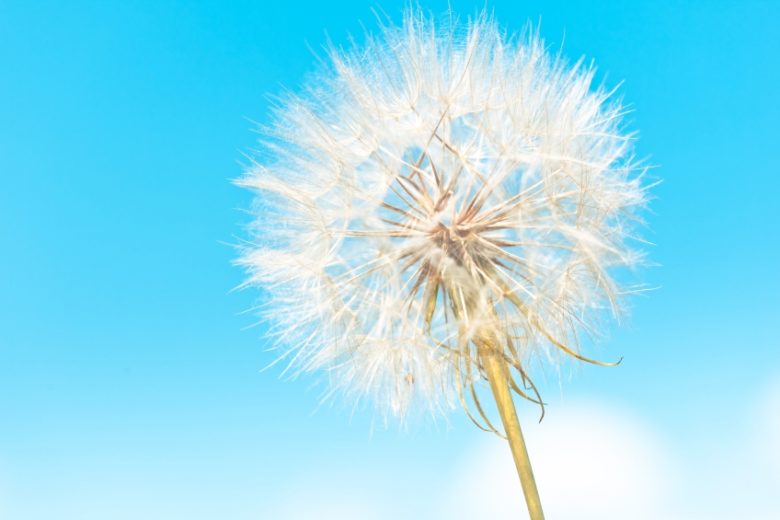
Seasonal allergies—of which the most common include allergic rhinitis (hay fever) and allergic conjunctivitis (eye allergies)—affect millions of people. Typical outdoor allergens include tree pollens in the early spring, grass pollens in late spring to early summer, and weed pollens in late summer through autumn.
Popular diet-related remedies with little or no supportive evidence for preventing or lessening symptoms of seasonal allergies include adopting a vegan, vegetarian or raw foods diet; avoiding sugars, grains, dairy or eggs; and taking daily doses of local honey.
While the rationale behind some of these methods may sound plausible in theory, there is no actual science to support eating or avoiding foods for seasonal allergies.
However, there are some foods that can cause reactions similar to seasonal allergies. About one-third of seasonal allergy sufferers are also affected by oral allergy syndrome.
In some people, eating foods that contain proteins called profilins similar to those of pollens may result in itchiness, swelling or even blisters around the lips, mouth or tongue. According to Krause’s Food & the Nutrition Care Process, 13th ed. (Saunders 2012), foods with protein similar to birch pollen include apricots, prunes, kiwifruits, cherries, figs, peaches, nectarines, apples, pears and plums; fennel, carrots, parsnips, celery, green peppers, parsley and potatoes; and almonds, hazelnuts, walnuts and pumpkin seeds.
